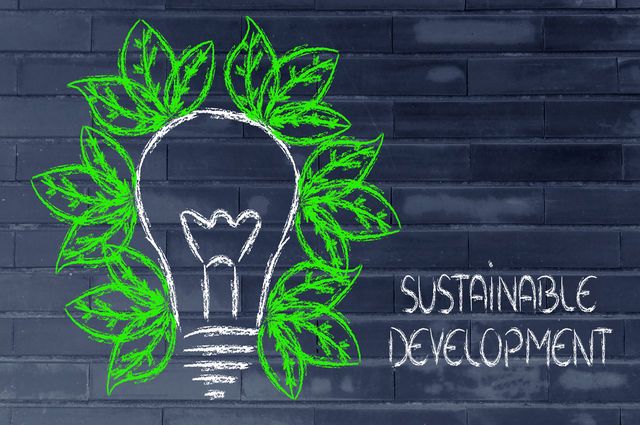Who makes hospitality sustainability happen: Governments, Industry, Consumers?
17 experts shared their view
What (or who) helps hospitality companies improve faster? Consumer-led campaigns on plastic straws have pushed many hospitality companies to consider alternatives or simply ban single-use plastics. So far, however, the vast majority of guests still choose their hotels mainly by location and price. Using levers such as taxation or legislation, governments are also increasing the pressure. Recent examples include the European Union's ban on a series of single-use plastics such as cutlery, straws, and stirrers by 2021. Many states across the US are implementing similar bans. Beyond plastics, carbon pricing initiatives are in place or planned in more than 45 countries. The EU's Energy Performance of Buildings Directive requires all new buildings to be nearly zero-energy (NZEB) by the end of 2020 and existing buildings to transition towards NZEB by 2050. Finally, the hospitality industry's self-regulation and voluntary codes of conduct are considered popular approaches in dealing with sustainability challenges, but at times with limited success. Facing mounting environmental issues, are all three parties (government, consumer, industry) playing an equally important role? Do consumers have the foresight to act as a useful lever of change? Taxes and legislation are in the pipeline across the globe, so what needs to be done today to minimize the risk of getting hit? And how about driving consumer behavior change through inspiring guest experiences?
There is a blame game going on when it comes to who drives sustainability. The suspects? Consumers, businesses and politicians. The victim is usually the same across industries and borders: since consumers have already proven to be highly invested in sustainability, (soft) laws and regulations shall do the job! Politicians are easy targets. First of all, it is their job to produce mid and long-term visions of a good society. Secondly, their outcome ideally defines safe frameworks in which businesses can compete and citizens can act. And thirdly, they will not blame back. Or not too much, at least.
However, what businesses and consumers prefer to ignore is what stirs political action in democracies. Right, I am talking about majorities – realistic or perceived. Consequently, businesses and consumers should stop blaming each other and let their voices be heard. We need pioneering hospitality companies stepping ahead producing industry role models. We need hotels realizing their potential when it comes to positively inspiring guests to shift habits and consume more responsibly. We need guests demanding sustainable practice and asking hosts to make it easier for them.
The more best practice we create, the more guests we inspire, the more awareness we create, the better the chances of political action.


